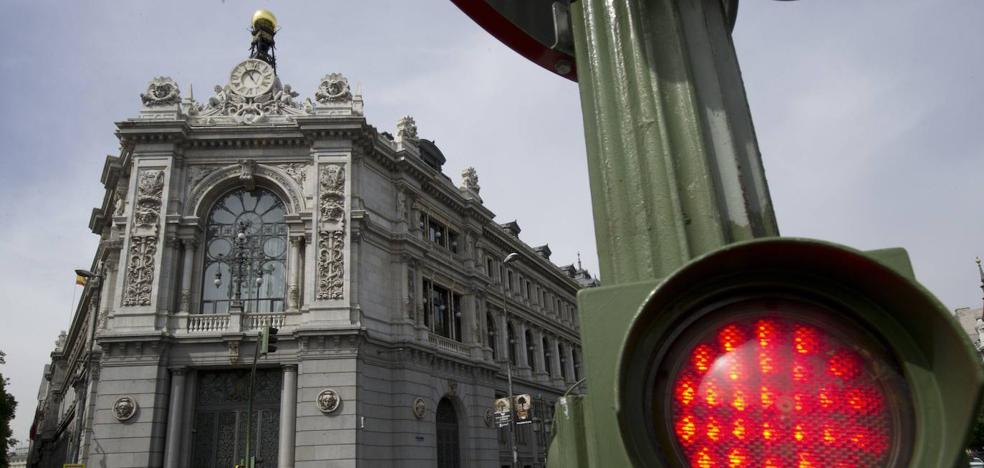The main economy of the European Union will shrink by 0.4% in 2023
“Energy crisis: inflation, recession, loss of well-being” is the title of the autumn report of the main institutes of economic analysis of Germany presented this Thursday, announcing that the GDP of the main economy of the European Union will contract in 2023 0.4% mainly due to the effects of the invasion of Ukraine by Russia. As a result of the energy crisis, the German economy will plunge into a cyclical recession in the winter semester and then contract, the experts write, who expect only 1.4% GDP growth this year to return to half a point almost next year. After overcoming the recession, economists expect the German economy to grow again by 1.9% in 2024.
The sharp rise in the gas price is driving energy costs “drasically” and leading to a “massive general economic decline in consumption capacity,” say analysts from the RWI Institute in Essen, the Ifo in Munich, the IfW in Kiel and the IWH in Halle. . The deterioration of the situation on the gas markets means for Germany a “permanent loss of well-being. In the highest-risk scenario, with a situation of gas scarcity, a harsh winter and no savings on gas consumption, experts even predict a 7.9% contraction in German GDP in 2023, much larger than the one recorded during the financial crisis that occurred in 2007 and that in the first year of the coronavirus epidemic in 2020. Under these circumstances, Germany’s GDP would contract again by 4.2% in 2024.
“The high prices of energy and food, which will rise again next year, will clearly reduce purchasing power,” warns Torsten Schmidt, head of cyclical studies at the RWI Institute, who emphasizes that “both low-income household incomes and businesses depend are of new political support”, although it does not recommend that subsidies to companies become permanent. The autumn report also forecasts an increase in inflation in Germany to 8.8% by 2023, compared to the 8.4% expected for this year. It won’t be until 2024 when it returns to the ideal level of 2.0%, experts point out.
Prices have already risen significantly in September, as shown by the figures from some federal states. Inflation has skyrocketed this month in Bavaria to 10.8%, in Brandenburg to 9.9% and in Baden-Württemberg to 9.5% because, after the abolition of the single ticket of 9 euros per month for public transport across the country and the end of fuel subsidies for vehicles, goods and services has become significantly more expensive compared to the same data last year. Therefore, they do not rule out the possibility that inflation in Germany will exceed the 10.0% mark this autumn. In this sense, the German national retail association HDE has underlined that private consumption is clearly falling.
The four institutes had calculated in their report last spring that the German economy would grow by 2.7% this year and by 3.1% in 2023. The consequences of the war in Ukraine and its effects on energy, commodity and consumer prices have led experts to drastically correct their calculations. In this sense, they expect Germany’s economic performance to fall by EUR 160,000 million in 2022 and 2023 compared to the forecasts they announced six months ago. The DIW of Berlin usually belongs to the group of institutes that did not participate in this report, but will rejoin the group in 2023. The study they are conducting forms the basis for the federal government’s short-term forecasts, which, in turn, serve to prepare the country’s government budgets.
Source: La Verdad
I’m Wayne Wickman, a professional journalist and author for Today Times Live. My specialty is covering global news and current events, offering readers a unique perspective on the world’s most pressing issues. I’m passionate about storytelling and helping people stay informed on the goings-on of our planet.



